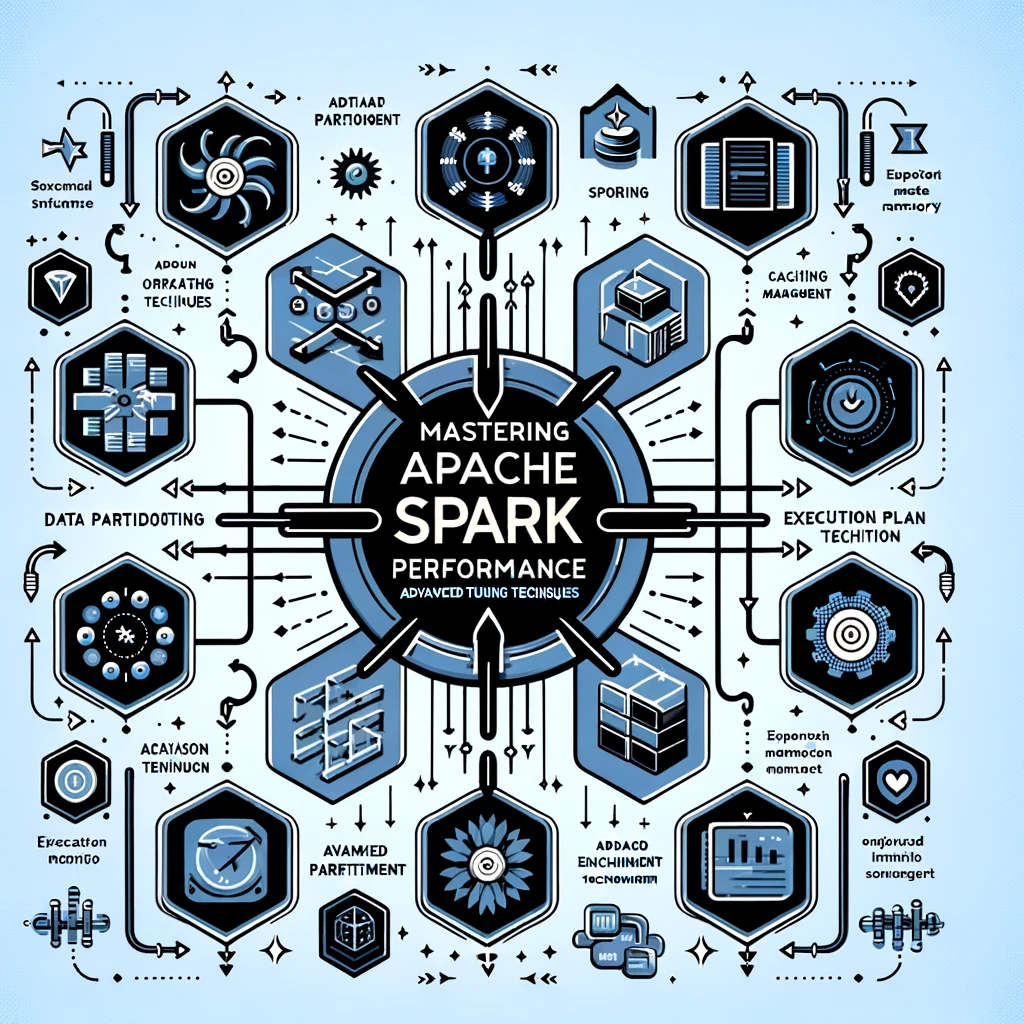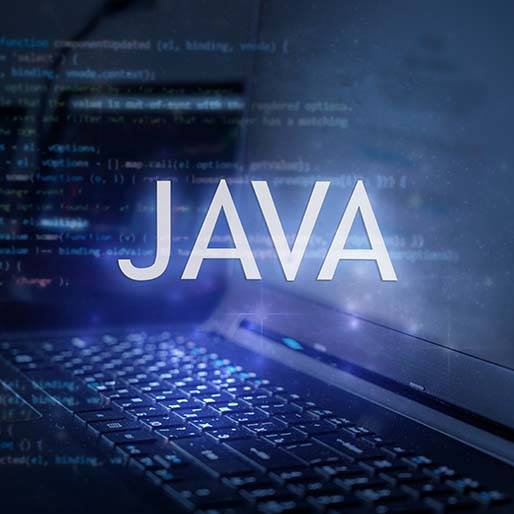Description
Introduction:
This course is designed for data engineers who want to harness the power of Apache Spark for large-scale data processing using Java. Apache Spark is a leading big data processing framework, and mastering its capabilities can significantly enhance a data engineer’s ability to build efficient, scalable, and reliable data pipelines. This course will guide you through the essential components and advanced features of Spark, with a focus on Java programming to solve complex data engineering challenges.
Participants will learn how to leverage Spark’s core APIs for distributed data processing, optimize Spark jobs for performance, and integrate Spark with various data sources and sinks. The course also covers best practices for building and managing Spark applications, ensuring that data engineers can handle large volumes of data efficiently and effectively.
Prerequisites of Java for Data Engineers
- Proficiency in Java programming
- Basic understanding of Apache Spark (core concepts such as RDDs, DataFrames)
- Familiarity with distributed computing principles
- Experience with SQL and data manipulation (optional, but beneficial)
- Basic knowledge of data engineering concepts (optional, but recommended)
Table of Contents:
1: Introduction to Apache Spark for Data Engineering
1.1 Overview of Apache Spark and its ecosystem
1.2 Key components of Spark: Core, SQL, Streaming, MLlib, and GraphX
1.3 Spark’s architecture: Cluster Manager, Master, and Worker nodes
1.4 Use cases and applications for Spark in data engineering
2: Setting Up the Development Environment
2.1 Installing and configuring Apache Spark(Ref: Scalable Machine Learning with Java and Apache Spark)
2.2 Setting up a Java development environment for Spark
2.3 Understanding Spark’s dependencies and project structure
2.4 Running Spark applications locally and on a cluster
3: Core Spark Concepts with Java
3.1 Introduction to RDDs (Resilient Distributed Datasets)
3.2 Key transformations and actions on RDDs
3.3 Working with DataFrames and Datasets in Java
3.4 Understanding Spark’s Catalyst optimizer and Tungsten execution engine
4: Data Ingestion and Integration
4.1 Loading data from various sources (HDFS, S3, JDBC, etc.)
4.2 Writing and saving data to different formats (JSON, Avro, Parquet)
4.3 Integrating Spark with external data sources and sinks
4.4 Handling data schema evolution and data format conversion
5: Advanced Data Processing and Optimization
5.1 Data partitioning and shuffling strategies
5.2 Advanced transformations and aggregations
5.3 Optimization techniques for large-scale data processing
5.4 Managing data skew and performance tuning
6: Building and Managing Spark Pipelines
6.1 Designing and implementing end-to-end data pipelines
6.2 Using Spark Streaming for real-time data processing
6.3 Building and managing batch and streaming pipelines
6.4 Error handling and data quality management
7: Machine Learning with Spark MLlib
7.1 Introduction to Spark MLlib and machine learning pipelines
7.2 Building and training machine learning models with Java
7.3 Evaluating model performance and tuning hyperparameters
7.4 Real-world use cases: Classification, regression, and clustering
8: Advanced Topics in Spark for Data Engineering
8.1 Graph processing with Spark GraphX
8.2 Advanced data processing techniques: Window functions, joins, and UDFs
8.3 Real-time analytics and integrating Spark with streaming sources
8.4 Handling complex data structures and schema management
9: Performance Tuning and Scalability
9.1 Monitoring Spark applications and understanding performance metrics
9.2 Configuring Spark for optimal performance: Memory, execution, and parallelism
9.3 Best practices for scaling Spark applications
9.4 Debugging and troubleshooting common issues
10: Deployment and Production Readiness
10.1 Deploying Spark applications on various cluster managers (YARN, Mesos, Kubernetes)
10.2 Managing and monitoring Spark jobs in production
10.3 Ensuring data security and compliance
10.4 Strategies for maintaining and scaling Spark deployments
11: Hands-On Projects and Real-World Use Cases
11.1 Case studies of successful Spark implementations in data engineering
11.2 Hands-on project: Building a complete data pipeline with Spark and Java
11.3 Analyzing and optimizing a sample data engineering project
Conclusion
This Java for Data Engineers training provides a comprehensive overview of Apache Spark for data engineering, covering essential concepts, setup, and advanced techniques. Participants will gain hands-on experience in building data pipelines and implementing machine learning models. By the end of the course, they will be equipped with the skills to effectively leverage Spark in real-world data engineering projects.







Reviews
There are no reviews yet.